According to information from the Department of Science, Technology and Training ( Ministry of Health ), it is expected that this afternoon, July 19, Deputy Prime Minister Le Thanh Long will have a working session with the Ministry of Health on issues related to the draft Decree "Regulations on specialized training in the medical field (hereinafter referred to as the draft decree on specialized training).
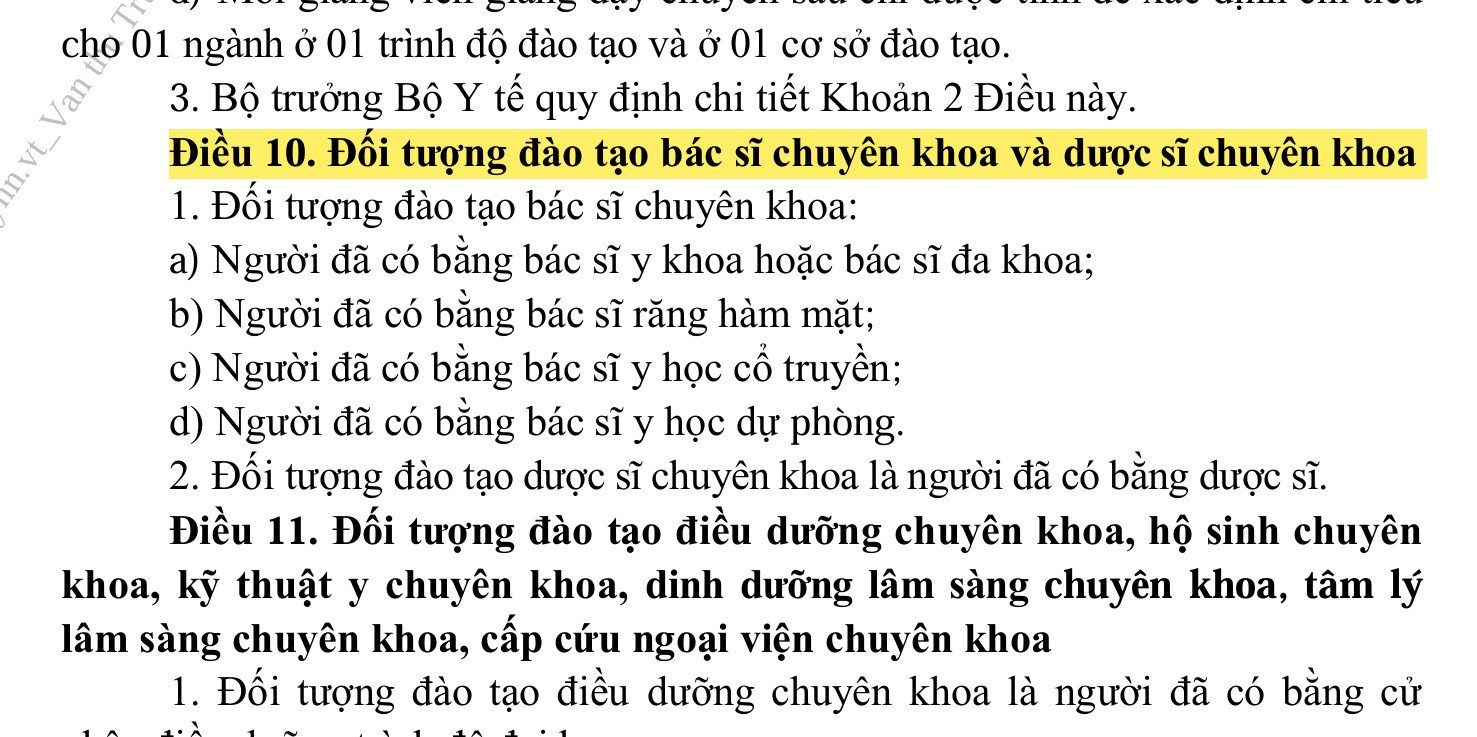
Some doctors and leading experts believe that the Ministry of Health needs to propose more specific conditions for specialized training to ensure quality in practice.
According to the draft decree on specialized training drafted by the Department of Science, Technology and Training (Ministry of Health), Article 10 proposes: subjects of training for specialized doctors: people who have a specialist doctor or general practitioner degree; people who have a maxillofacial doctor degree; people who have a traditional medicine doctor degree; people who have a preventive medicine doctor degree.
Article 33 of the draft decree also states: subjects of basic specialized certificate training: subjects specified in Articles 10 and 11; have a license to practice medical examination and treatment.
The draft also explains: "Training to grant basic specialty certificates is a type of training for people who have been granted medical, pharmacist, or bachelor degrees and have a license to practice medical examination and treatment to supplement the scope of practice according to regulations."
Considering that some unclear regulations proposed in the draft decree above may pose a risk of doctors not achieving the professional level of a specialized field, not the same as the field they studied at university level if they only study short courses, recently, leading doctors and experts in dentistry have jointly signed a document sent to the Ministry of Health stating: training to grant basic specialty certificates in dentistry is not suitable for postgraduate training; requesting not to grant basic specialty certificates in dentistry. Regarding training to grant basic specialty certificates, the draft needs to clearly state that "specialists in the right field have been trained at university level".
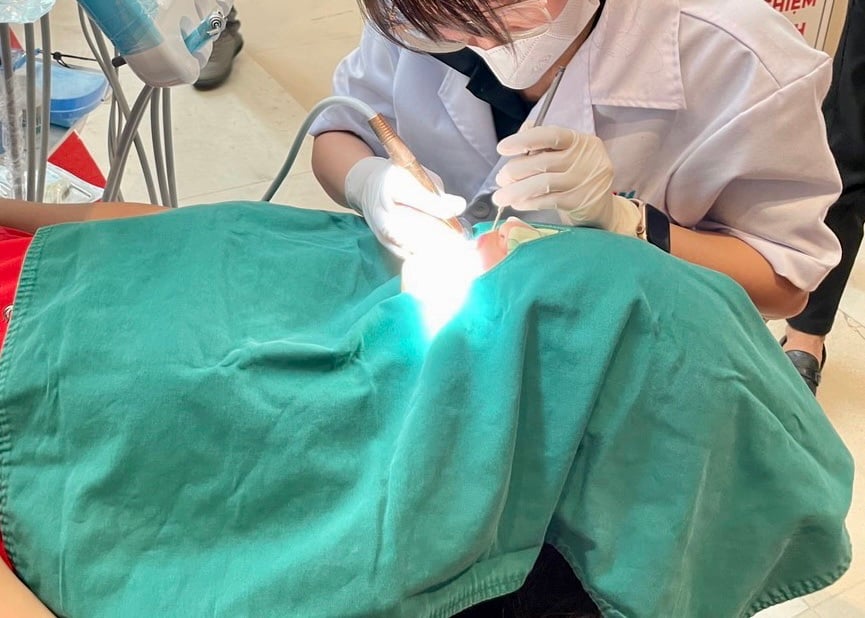
The Ministry of Health said that doctors with short-term basic specialized training are only allowed to practice within the scope of their training, at the grassroots level.
A doctor, lecturer at Hanoi Medical University analyzed that the draft decree on specialized training is written in general terms, so it can be understood that general practitioners, traditional medicine practitioners or preventive medicine practitioners can also study basic specialties such as dentistry, and then be allowed to practice specialized specialties.
Meanwhile, basic specialized training is only short-term, only 3 - 10 months. Thus, it cannot guarantee the quality as specialized doctors who have 6 years of training at university along with practice under the very meticulous guidance of lecturers.
A professor specializing in dentistry at Hanoi Medical University said: "The above draft needs to clearly show regulations with criteria to ensure output quality when doctors practice according to their specialties, not that traditional medicine doctors can practice dentistry after 9 months. Because the doctor's expertise is the health and safety of patients."
Will control the scope of practice
Hanoi Medical University also has a document commenting on the draft decree on advanced specialist training, in which it recommends removing chapter 7 - Training for basic specialist certificates. If it is still kept, it is necessary to clearly stipulate the conditions for studying for the certificate. "Article 11 of the draft decree needs to clearly stipulate: training of specialists in the same field as those trained at university level. The input advanced specialist in maxillofacial surgery must be a maxillofacial surgeon," the document also recommends.
Informing about the proposals in the decree and receiving comments on the draft decree on specialized training, in an exchange with Thanh Nien , Mr. Nguyen Ngo Quang, Director of the Department of Science, Technology and Training (Ministry of Health), said that the drafting of documents must ensure basic principles on: quality of human resources, compliance with current regulations, while ensuring specific requirements of the health sector; and conformity with international integration.
According to Mr. Quang, with the proposal in the draft decree above, short courses focus on practice, can be from 6 months, depending on the specialty. Doctors after the basic specialty course, can only practice at primary health care facilities, such as district level. The practice license for doctors after the short-term basic specialty course will control the scope of practice. For example, a basic maxillofacial specialist can only handle basic treatment such as: extracting baby teeth, screening for oral diseases; or general surgery can only practice within the scope of practice and cannot perform specialized surgeries beyond their professional capacity.
"We have received contributions on the draft decree and have absorbed and made appropriate adjustments, with the general view that the regulations must ensure coverage for the healthcare system, from the central to grassroots levels, meeting the needs of human resources, and being suitable to the needs at healthcare levels," said Mr. Quang.
According to experts, recently, some universities have enrolled students in short-term training courses, from 3 - 6 - 9 months, depending on the specialty. In particular, the basic maxillofacial specialty is 9 months, with a tuition fee of 27 million VND/student (class size of 20 - 40 students).
There are some other specialties such as obstetrics and gynecology ultrasound, basic ENT endoscopy, which only takes 3 months to study with tuition of 2.5 - 4 million VND/student, depending on class size (10 - 50 students).
Source: https://thanhnien.vn/chuyen-gia-nganh-y-lo-ngai-chat-luong-bac-si-dao-tao-ngan-han-185240719142617297.htm


![[Photo] General Secretary To Lam attends the Vietnam-UK High-Level Economic Conference](https://vphoto.vietnam.vn/thumb/1200x675/vietnam/resource/IMAGE/2025/10/30/1761825773922_anh-1-3371-jpg.webp)


![[Photo] Prime Minister Pham Minh Chinh attends the 5th National Press Awards Ceremony on preventing and combating corruption, waste and negativity](https://vphoto.vietnam.vn/thumb/1200x675/vietnam/resource/IMAGE/2025/10/31/1761881588160_dsc-8359-jpg.webp)

![[Photo] The Third Patriotic Emulation Congress of the Central Internal Affairs Commission](https://vphoto.vietnam.vn/thumb/1200x675/vietnam/resource/IMAGE/2025/10/30/1761831176178_dh-thi-dua-yeu-nuoc-5076-2710-jpg.webp)






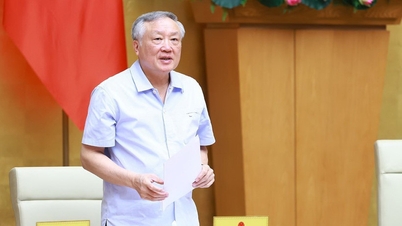







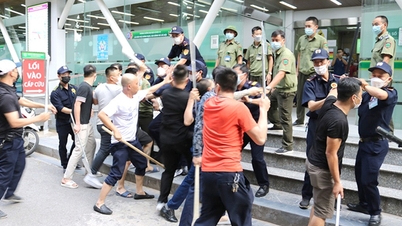
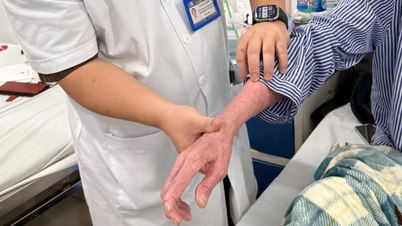



























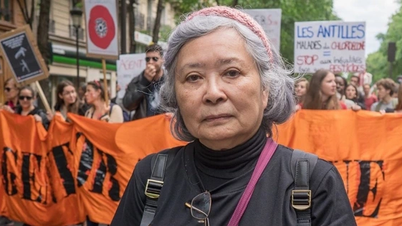

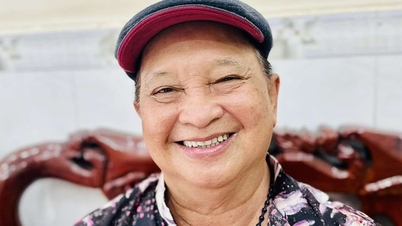
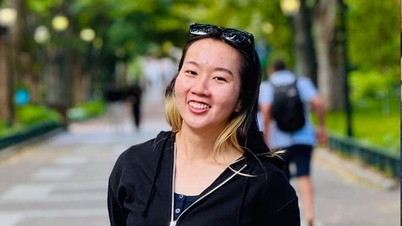




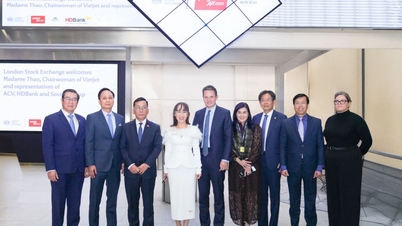


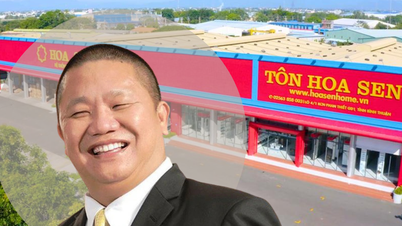











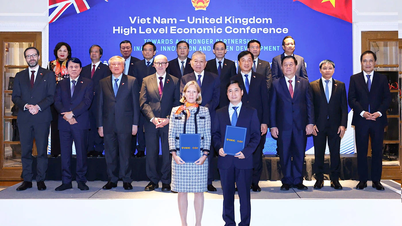



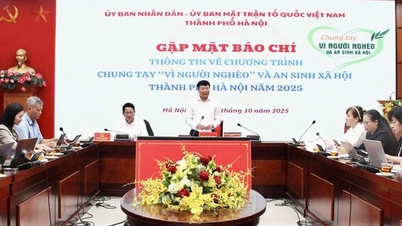

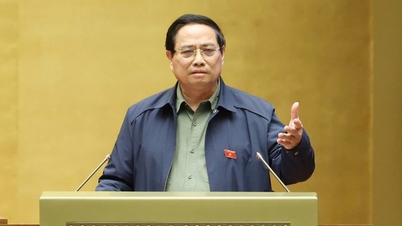
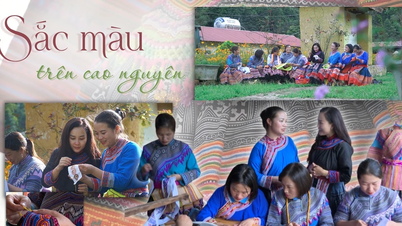







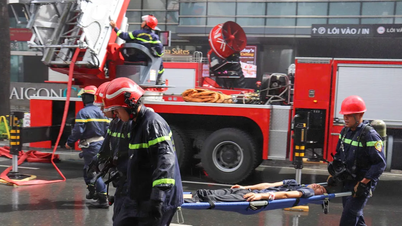
















Comment (0)